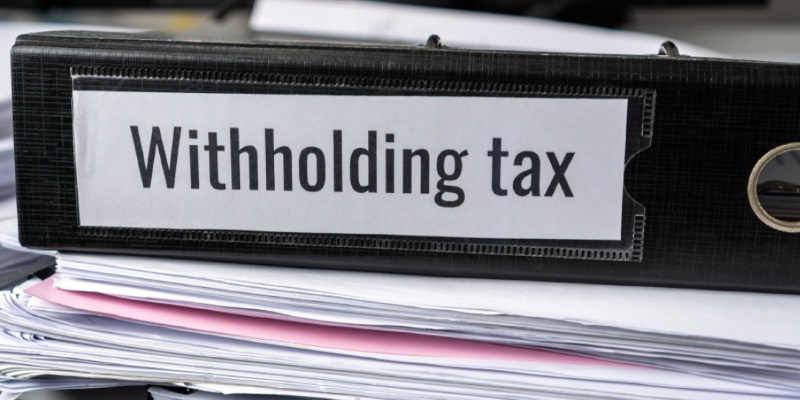Calculate Credit Card Points
Dec 18, 2023 By Triston Martin
Credit cards with rewards are a great option to gain additional benefits using credit cards. You should ensure the points you earn are worth this credit card, particularly when the card has an annual charge. Calculating your points can help you evaluate credit cards to determine if you're getting the most value and the worth you've earned.
However, no matter how your credit card awards reward, whether it's a flat-rate or a tiered system, the amount you earn depends on the specific credit card you use and the method you redeem and earn rewards. One point earned on one credit card may not be worth as much as a reward on a different credit card.
How Many Points Will You Earn on a Purchase?
Calculating the number of points your credit card will get from a purchase is pretty easy, provided you are aware of the rewards program you're using and the nature of the business you're buying in. It's possible to divide the value of the purchase by the number of points you'll earn on that transaction. For instance, if your card awards 2 points per amount, you invest in travel expenses, and you receive 600 points on the cost of a $300 flight.
Rewards are classified based on the type of company you purchase from and not necessarily the purchase you make. Food bought from a cafe at a store that sells groceries, for instance, could be considered groceries, not dining out because you're buying at a store that sells groceries. You should keep this in mind while purchasing credit card items with a credit card that awards additional points for various kinds of transactions (dining out, entertainment, for instance.).
Calculating the Value of Credit Card Points
The easiest way to determine the value of the points you earn with your credit card is to multiply the amount of your reward in relation to the number of points needed to use it. If, for instance, you need to earn 50,000 points to purchase a $650 plane ticket, your points are worth around 1.3 cents per. If you were to earn two points for every dollar paid, you'd need to spend $25,000 to earn enough points to purchase the plane ticket.
Determining the real value of your rewards will require some additional steps. It is important to account for the costs of earning those reward points and any additional advantages you can get from your credit card. Determine the amount of interest and fees you've paid. Additional costs you incur reduce the number of rewards you earn, including fees for late payments, interest and foreign transaction fees, and any annual fees added to the card. The credit card statement you receive will contain the total interest amount you've paid through the year. You may need to examine each month's billing statement separately to determine the number of fees you've paid throughout the year.

Calculate the redemption percentage for your reward. Following that, you must determine the value of your rewards. It is necessary to determine the value of rewards using the reward amount divided by the value of redemption. It is possible to obtain this information from the credit card issuer's rewards portal. If a flight ticket worth $500 is worth 50,000 points, the rewards you earn are worth one penny.
Multiply the rewards you're earning today by the number of rewards from credit cards. For example, if you've managed to accumulate 25,000 points which cost a penny each, you have $225 in rewards that you have saved. You may also consider the number of other benefits of your credit card to assign an amount for the benefits. Add it to the total value of rewards you've earned. If you get an annual travel statement credit of $200 every year, you can add that amount to the $250 rewards to earn a total of $450.
Make the Most of Your Rewards
To maximize the benefit of your rewards on credit cards to maximize your rewards, you must earn more rewards than what you pay in charges, including an early fee or transaction-based fees such as a balance transfer advance fee for cash. This is much simpler after you've figured out the worth of your points and benefits. You can compare the worth of your rewards with the amount of interest and charges you incur on your card. What is your reward's value with each other? If your earnings aren't enough reward points to pay for the credit card you have, this could indicate changing to a different reward credit card.

Do You Think It Is Worth Using Credit Cards To Earn Reward Points?
If you are considering the possibility of a credit card with reward points, the primary thing you should ask yourself is whether you can pay off the total account balance each month. Purchases made with credit cards will allow you to earn rewards, such as points toward trips or cash back. If you cannot pay the balance every month or fail to make payments, the rewards could be diminished by interest and fees.








